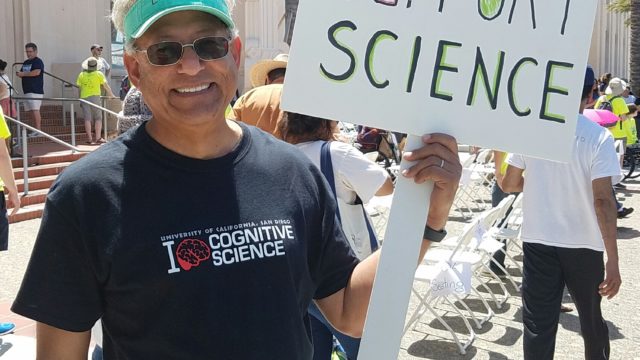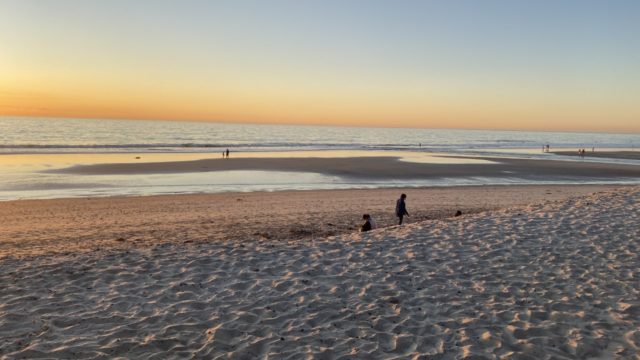When original mind, the mind we have at birth, is unencumbered and allowed to flourish, it becomes an active, adaptable, dynamic, inquisitive, and inventive powerhouse. Tragedy encumbers it, as it did for Jean-Dominique Bauby, author of The Diving Bell and the Butterfly who suffered from locked-in syndrome, yet still overcame his circumstances. William James, founder of American Psychology, conceived of brain-mind as “endowed with a very extraordinary degree of plasticity.” Plasticity or neuroplasticity is the brain’s ability to change itself because of experience. It means that seeing, hearing, touching, smelling, feeling, and thinking affects us by altering the wiring connecting sensory experiences to emotions and actions. As water takes the mold of the container we pour it into, a developing intellect takes the mold dictated by its surrounding. An environment rich with music, laughter, conversation, love, toys, and other people will produce a healthy, curious, energetic brain-mind. An impoverished situation where these elements are missing will not. Neuroplasticity means the brain develops and programs the skills it needs to adapt to the specific habitat, and experiences the loss of skills unnecessary for that habitat. This malleability and adaptability makes us different from computers, whose hardware is unchangeable.
We cultivate an unencumbered original mind by encouraging curiosity.
Be like a child. Encourage your curiosity about everything. Ask questions. Focus on a dilemma. Use your creative imagination to visualize the issue. Write the hunches, insights, instincts, answers to the queries your mind conjures up. Writing strengthens the connection to your intellect and intuition.
Try this exercise: As you go to work or to the store, pay attention and note new details you had not observed before. Try to see something new every day on the same route. Attend to the variety of colors, textures, forms you encounter.



